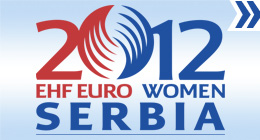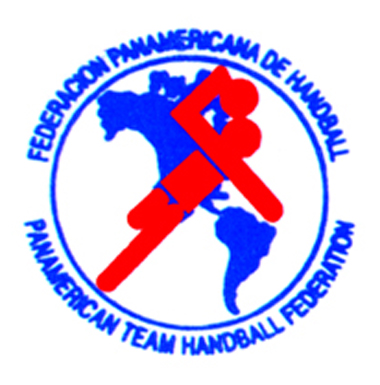
Montenegrin coach Dragan Adzic knows how to bring out the skills and emotions from his talented team
Groups C and D finished yesterday with some exciting matches. Hungary finally managed to match my predictions by defeating Spain who had previously won both their games. The final result was a seemingly narrow one goal-win, but Hungary was in fact dominant and had a four-goal lead shortly before the end. And when Germany, not entirely unexpected, took their final chance to advance by beating Croatia, then the Hungarian happiness was complete, as they now advance with four points to the main round, their defeat against Croatia no longer being relevant. While Hungary-Spain was a game of good quality, Germany vs. Croatia was really highly affected by nerves, if one wants to be kind and find an excuse. The way they played, both teams really deserved to be packing their bags to go home. What made the difference in the end was the superb goalkeeping by Schuelke in the German net.
Montenegro continued to show that the really have a strong team also in the absence of Bojana Popovic, and the emphasis is really on cohesiveness and team spirit. They play with great enthusiasm and determination. Romania had the upper hand in the first half, but then they gradually fell behind. I put much on the blame on the coach, whose destructive demeanor has been obvious for many years now. It is hard to understand that the traditional handball power of Romania cannot find someone to replace him who gives the talented team the support they deserve! Russia easily advanced by beating Iceland, who took their third straight loss in good spirits but showed that they are not yet strong enough for this level of competition.
In the main round group that now combines groups C and D, it will be mostly a matter of watching whether any other team can catch up with Montenegro and Hungary (each with 4 points), prying away one of the semi-final slots from them. Perhaps Spain (2 points) will launch a comeback, whereas the Russians (1 point) may already have fallen too far behind. Romania (1 point) and Germany (0 points) are the remaining teams in this group.
Today we had the final round of groups A and B. In group A we had a rather anticlimactic match-up between Norway and Ukraine, after Norway already advanced with maximum points after their wins against Serbia and the Czech Republic. Norway spared some of their best players but won by one goal, after an unattractive game where Ukraine often resorted to dirty methods. The Serbs and the Czechs had a much more critical battle, with the winner gaining the points that could make all the difference for the chances in the main round. It did indeed turn out to be a high-intensity game with the Czechs being ahead in the first half. But the Serbs gradually took over, even if it was very close until the last few minutes. The final result, much to the delight of the crowd, was 28-24 for Serbia.
France has not lost against Sweden for quite some time. So the question was whether the earlier win against Denmark would cause the Swedes to get the inspiration to break the ‘dry spell’ against France. But those who were dreaming about that must have forgotten that Sweden won against Denmark despite a mediocre performance where Denmark committed even more mistakes. Sweden now stayed even until France pulled away from 5-5 to 10-5. The lead was at one point ten goals and the game ended 24-17 for France, after feeble attacking play from Sweden against a strong defense. As expected, Denmark was able to handle FYRO Macedonia rather handily, but the break-through did not come until the last few minutes of the first half. Up to that point, the ‘almost home team’ kept the game even.
In the main round group, I happily stay with my initial prediction that Norway (4 points) and France (2 points) will qualify for the semi-finals. France vs. Serbia (2 points) will of course be a key match-up. While I do not believe in a surprise here, it could hypothetically open up an opportunity also for Denmark (2 points) to get back into the running. I do not see any hope for Sweden (2 points) or the Czech Republic (0 points).
Finally, in a way that really disappoints those of us who want to expect more from the EHF, the EHF took the easy but totally inappropriate way out in dealing with the nasty incident caused by the Serbian coach in the game against Norway. His interference in the game, by repeatedly holding on to a Norwegian player on the court, should have earned him a suspension for the remainder of the event. Not even the top leaders of the EHF have wanted to try to deny that the EHF Legal Regulations would have made such action possible, even though the referees and delegates did not see the incidents.
So instead, the EHF tried to blur the issue, mumbling about the wording of the regulations and absurdly arguing that the video evidence that had circulated around the world was not adequate. So, as many had feared, the EHF simply decided to ‘sweep the whole thing under the rug’: a self-inflicted embarrassment for the EHF and an awful precedent in our sport that needs to think more about protecting its fragile image!
















